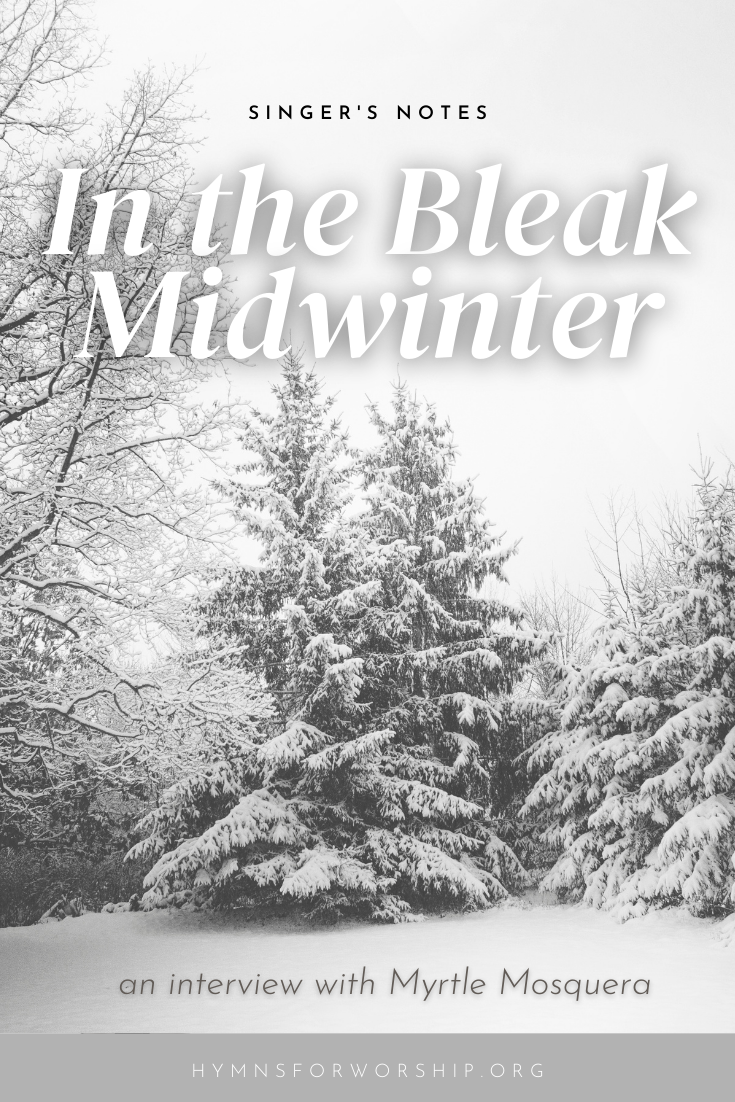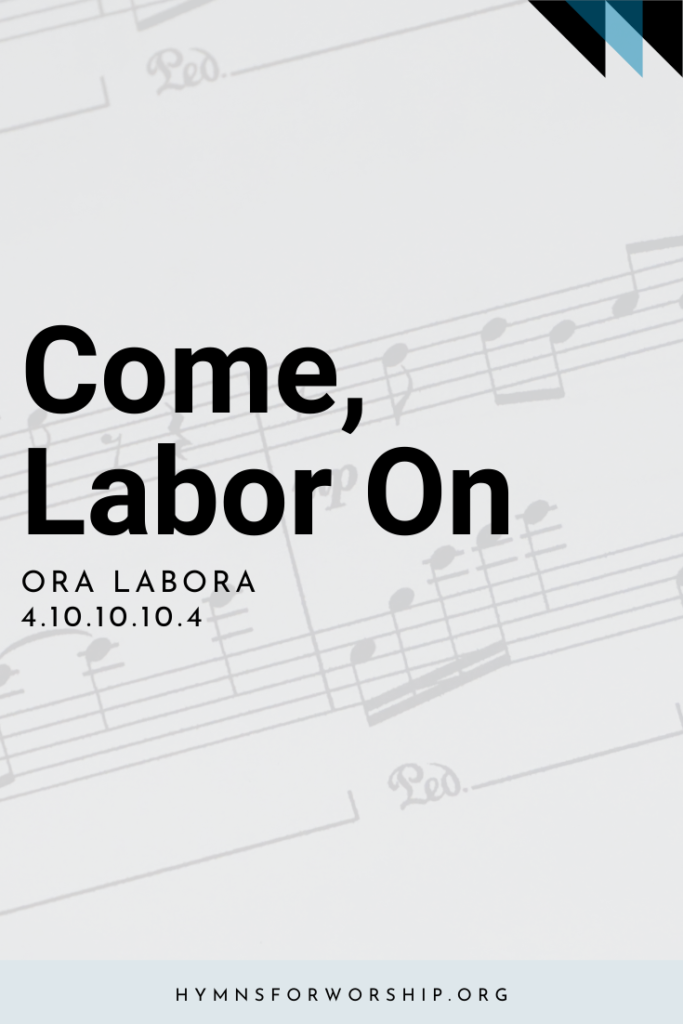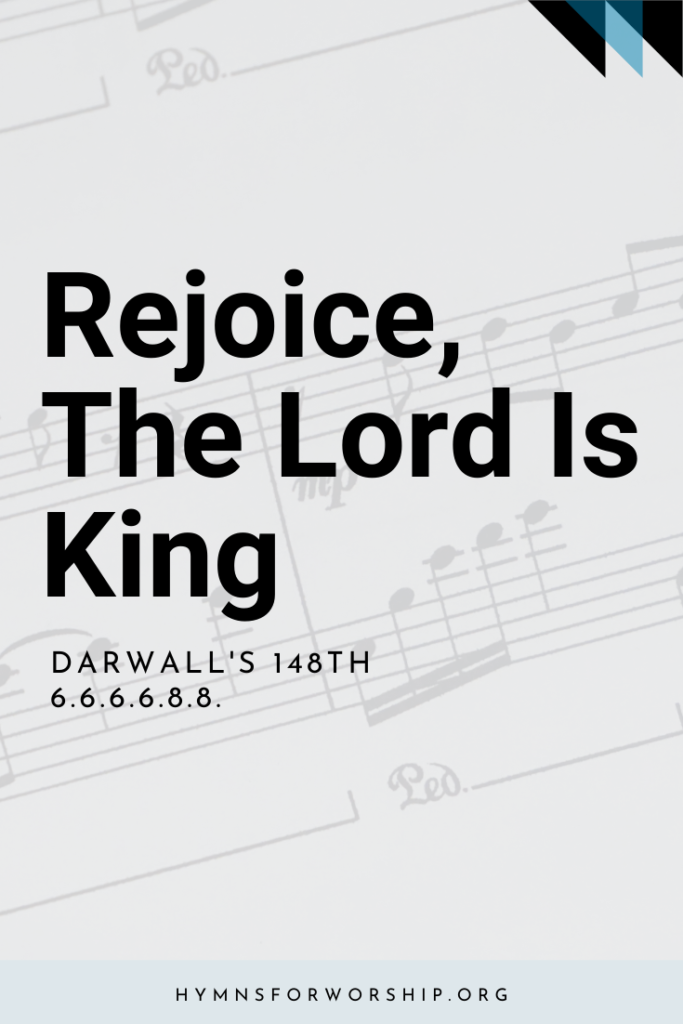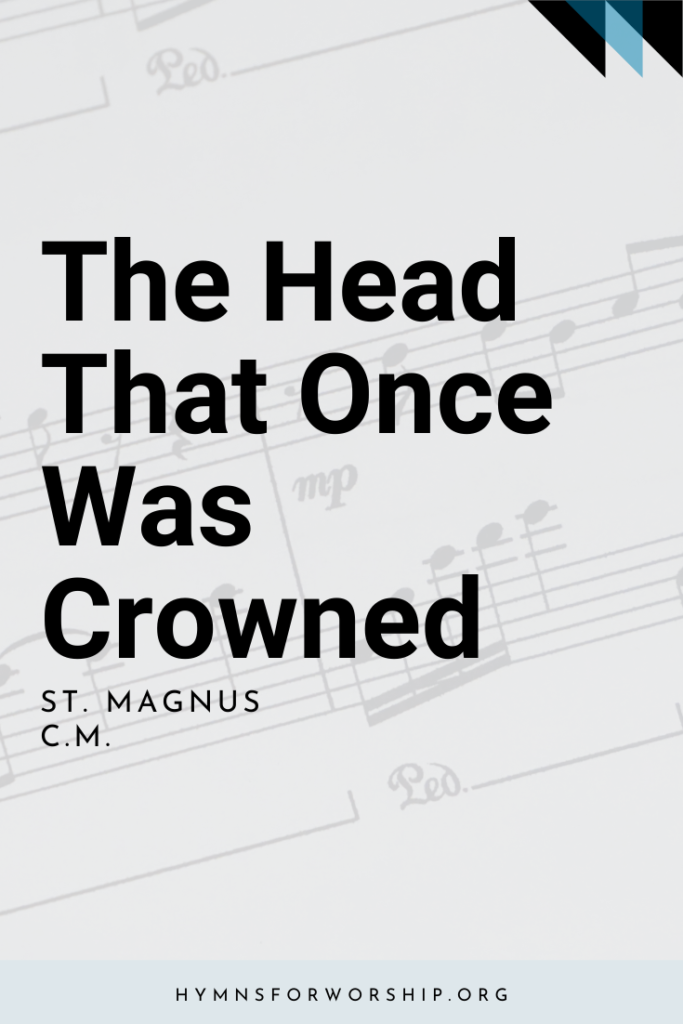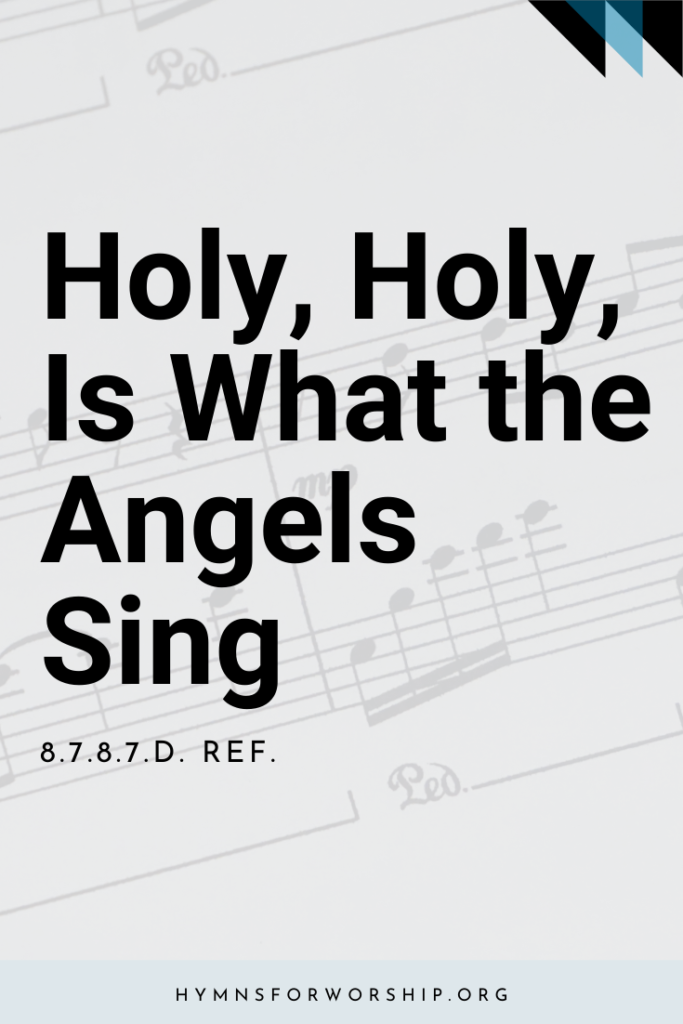For this edition of Singer’s Notes, we had the opportunity of interviewing Myrtle Mosquera or Tims (as she is fondly called by family and friends). She is our featured artist for In the Bleak Midwinter. Watch her rendition of Brenda Portman’s arrangement of this timeless hymn, and then join us as Tims shares her views on voice and singing as we use it to glorify God’s name.
Hi Tims, we’re really privileged to have you sing this month’s feature hymn here at Hymns for Worship. Now, for those who might be reading this and would want to get more acquainted, can you tell us a bit of a background of yourself.
Hi! My pleasure to have a part in your ministry. I was born in Bicol where i was practically raised in an Adventist community where music is an integral part of worship. We sing a lot in school, we sing at home, we sing in church. Later on I went to the university to take up music education.
I am married to Jay Mosquera, who is a graphic artist/animator; I stay home to take care of our three children.
You majored in voice when you were in college, right? Why voice? Where did you take it, and how was that experience like for you being a voice major?
I initially applied as a Piano Major in the Adventist University of the Philippines, but after a year, that’s 2 exams and 2 recitals, I knew piano is not for me. I am more excited to sing than to play the piano. I’ve never had a single piano recital that year that I haven’t messed up. So yup, the following year, I had a new “Ed plan”. The journey as voice major was not easy for me though being asthmatic and having all those upper respiratory issues. This was the time I had started to grasp the meaning of relying solely on the mercy of the Lord in situations I have no control over, and really experienced it.
Being a member of AUP Ambassadors then was also a blessing. It provided experiences in performing, and the wide variety of pieces in different genre and languages definitely helped me put into practice what I learned from the books.

For an aspiring voice major, what one major advice will you give that person?
Always aim to give your best. Ecclesiastes 9:10 says, “Whatsoever thy hand findeth to do, do it with thy might.” We want to give God only our best. How do we give our best? Keep listening. Go to concerts. Listen to famous opera singers. Attend master classes. These are just a few to mention.
You were, and I assume, still currently active as a chorister. Is there any difference as it pertains to choral singing and solo singing? What are the major differences have you experienced?
There’s not much difference in vocal production and nuances for me, only in choral singing you have to do it together with the rest that’s why there should be more sensitivity when singing with the choir because you’ll be listening to more elements besides you own voice. Solo singing is freer. You can stretch some, do heavy vibratto there, lighter here, you know, there’s freedom to interpret the song. Just be sure that what you want to do with the piece is sensible, though at the same time you don’t want to deviate from what’s written there. It’s how you execute those tenutos, melismas, accents, paint varied tone colors, etc., that will make a difference from other’s interpretation.
Do you think your extensive choral experience taught you anything about dealing with real life stuff? If yes, can you elaborate?
Oh yes! I’ve learned to entrust Him my health. Flu season and cantata season, they always come around at the same time each year. But the Lord had always sustained me through my doubts and insecurities, it got me thinking if God cares so much about my vocal health, wouldn’t He care for my entire life as well? He showed me He is interested in every minute detail in my life and that He wants me to talk to Him about those little thoughts that bother me or the sweet little moments that made my heart happy.
How do you see singing as a form of ministry?
Music is very relatable to everyone even more so when there are words to it. But words and music don’t have the power to inspire and uplift without the aid of the Holy Spirit. That’s why it’s very important to search the self before facing the congregation. Before singing, I would have a quiet time with God and ask Him to remove anything that is about me and to do or say only the things that He wants me to. Then without me in the way, He can freely reach out to the listeners.
Another way of ministering through singing is to partner it with prayer ministry. Our choir does that when we do concerts in churches. It’s always a blessing to pray for someone who’s hurting, dying, praying for a family member to come back to God. It awakens compassion in the heart and opens the eyes to the suffering around us. It makes me long for that perfect place that He is preparing for us in heaven.

You’re a mom of three. Add to that homeschooling. That’s a lot to handle. Are you able to pass on your love for music to your kids? How? And if so, why do you think it’s so important to pass on this musical passion to them?
I sing out loud at home, I try to vocalize every day, I listen to my kind of music, my husband sings too, we sing during family worship, I sing made-up tunes to my kids about their silliness. It always brings smile to their faces. I think it’s safe to say music has a huge part in our daily life. Kids see us enjoying it, they want to have a part in it too. Thankfully they all love music making. I want them to embrace music because they find joy in it and not because of my own desire. I want them to desire it and have fun while doing it because fun in learning sparks creativity.
Music is very relatable to everyone even more so when there are words to it. But words and music don’t have the power to inspire and uplift without the aid of the Holy Spirit.
MYRTLE MOSQUERA
Let’s talk a bit about the song you just sang for us. In the Bleak Midwinter — on the surface it really sounds like a Victorian style carol, with a European Catholic mindset that Jesus’ birth happened during the deep of winter, with snow everywhere. Now we know that is not really the case, historically and logically speaking. Notwithstanding, what do you think is the real message of this hymn?
Self-denial. The song tells about the contrast between the glory of heaven and the lowly manger in the stable. The King of all kings humbled himself and suffered all the discomfort you can imagine here on earth to save humankind. What will be our response to Christ’s selflessness? I give all of my heart.
Is there an experience in your life that can relate to the words of this hymn?
Of course, sometimes I find myself in a situation where too many things are going on at the same time, like rehearsals, deadlines, kids need learn the song for sabbath, and I must admit, I grumble. But what is my predicament compared to what Jesus had sacrificed? His gentle reminder is “Just give me a willing heart, child! I’ll take care of your schedule.”
In the last stanza, Rosetti reveals that one of the ways we can acknowledge Christ’s sacrifice is by giving Him our hearts. As a mom, a musician, and a Christian, what do you think are the practical ways we can give our hearts to Him?
I can only think of one and that is to totally surrender your day to Him. As a mom, I do not know what to expect from day to day that’s why surrendering to Him my life, my kids, my decisions, gives me ‘Proverbs 3:5’ experience. It’s comforting and encouraging at the same time.
We really enjoyed getting to know you Tims, but I’m afraid that’s all the time we have left. If we want to know more about you, follow your social media accounts, ministries and other passions, what links would you share with us?
Again, thank you for having me here in your blog. I am not super active in social media but you can subscribe to our family’s youtube channel, The Mosquera Family. My daughter is the main content contributor. Ha!
You can also subscribe to Inspirare Vocal Ensemble in YouTube and in Facebook. Oh by the way, we will be releasing our (IVE) recording album soon, so please watch out for it.

